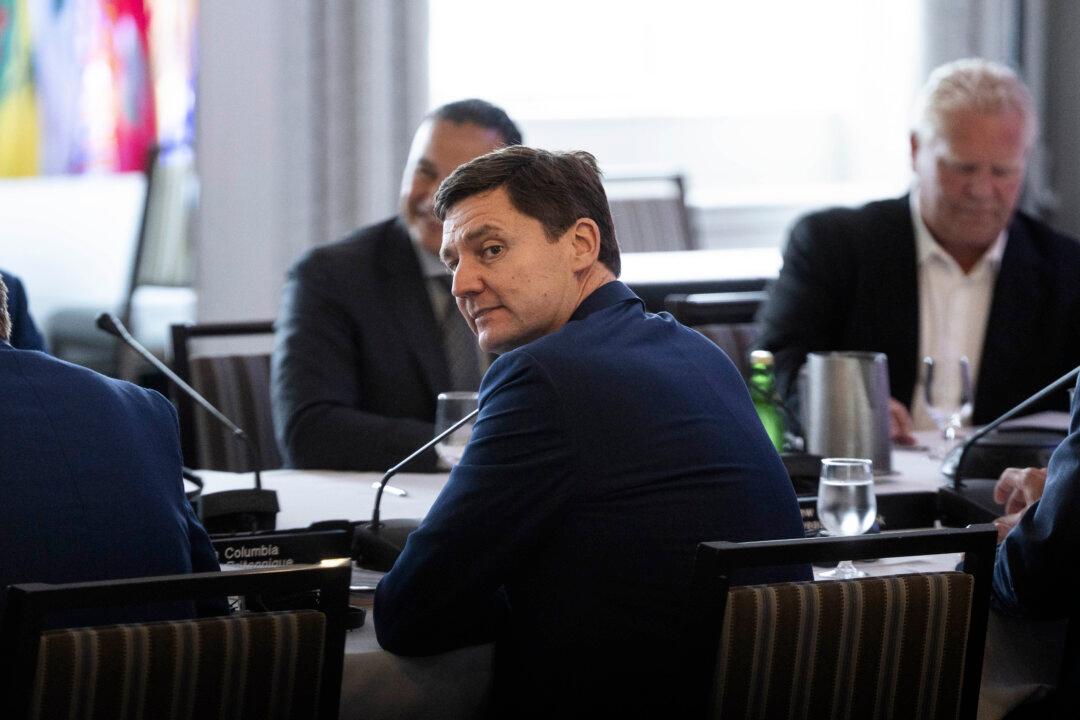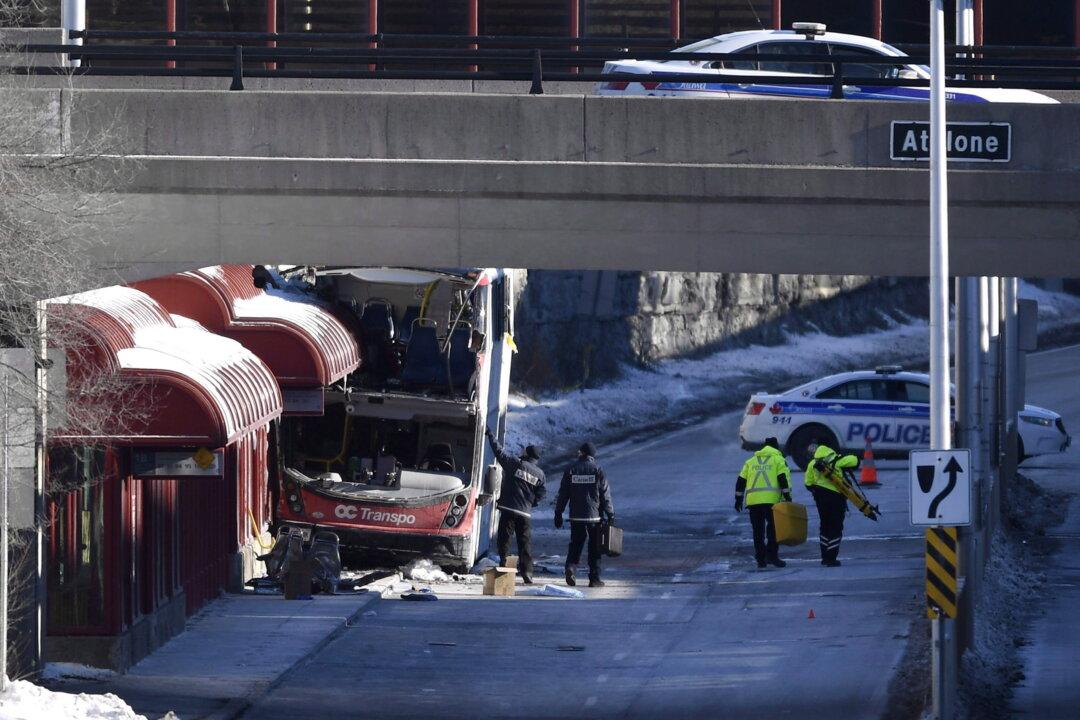British Columbia’s premier says his government is providing “full support” to Newfoundland and Labrador’s court challenge over federal equalization payments and mulling its own claim in an effort to ensure fair treatment from Ottawa.
David Eby says there are differences in the legal arguments B.C. would make, but the two provinces are united in the goal of reversing what he described as “perverse outcomes” from the equalization program for B.C. and Newfoundland taxpayers.





